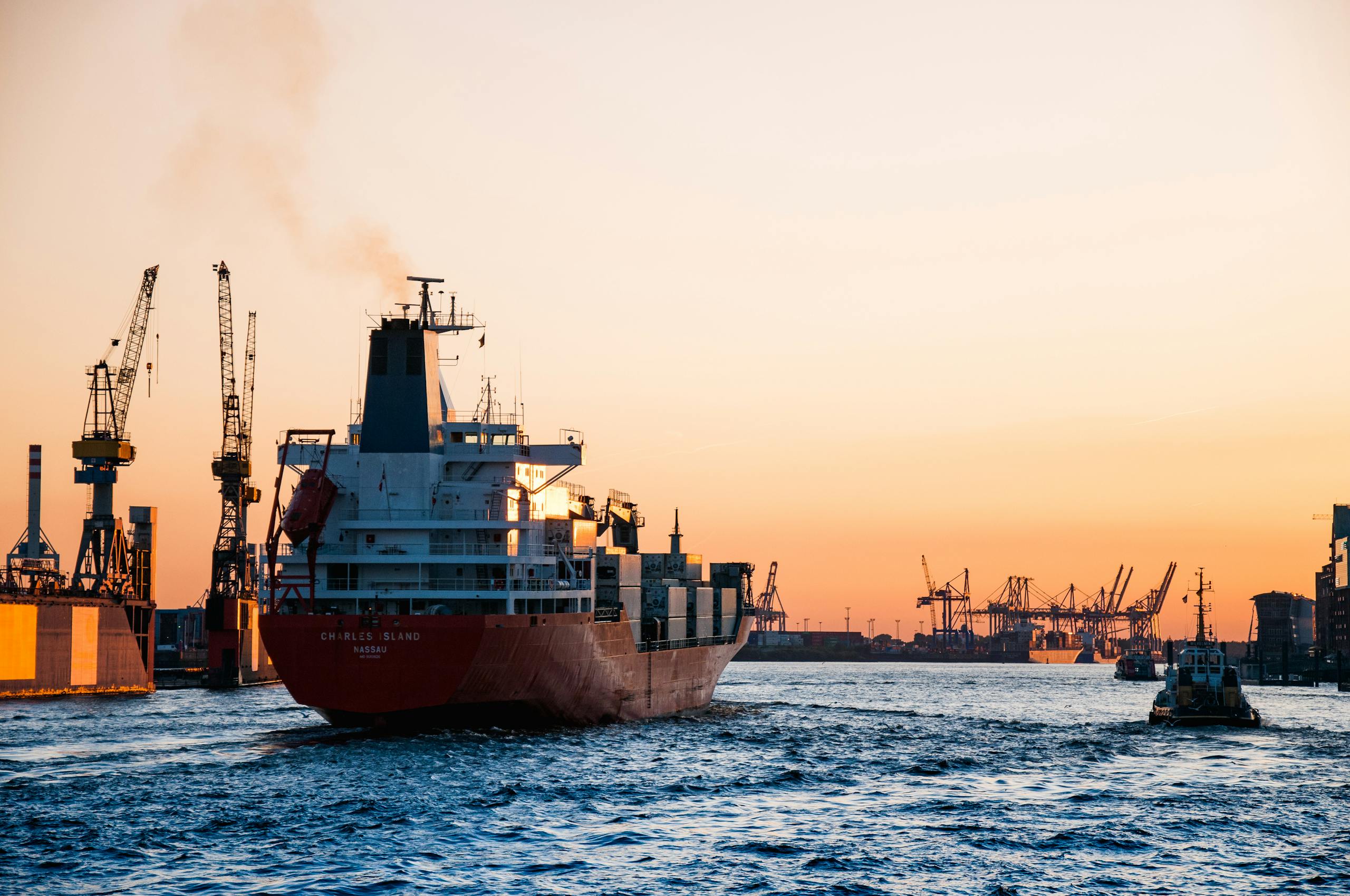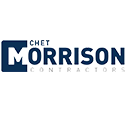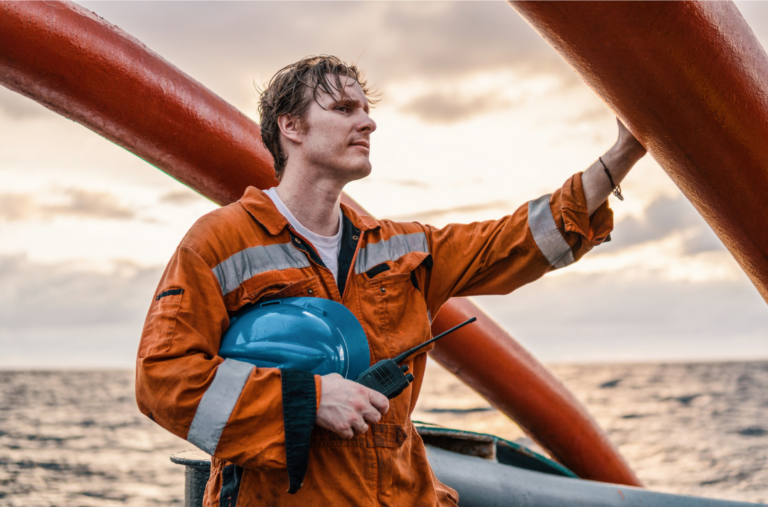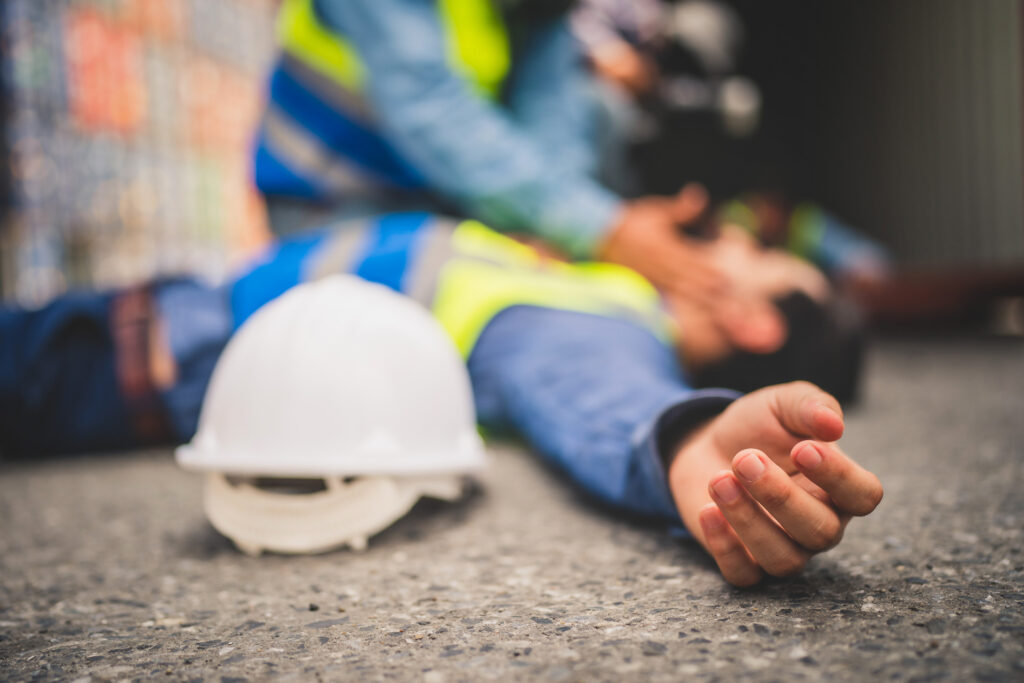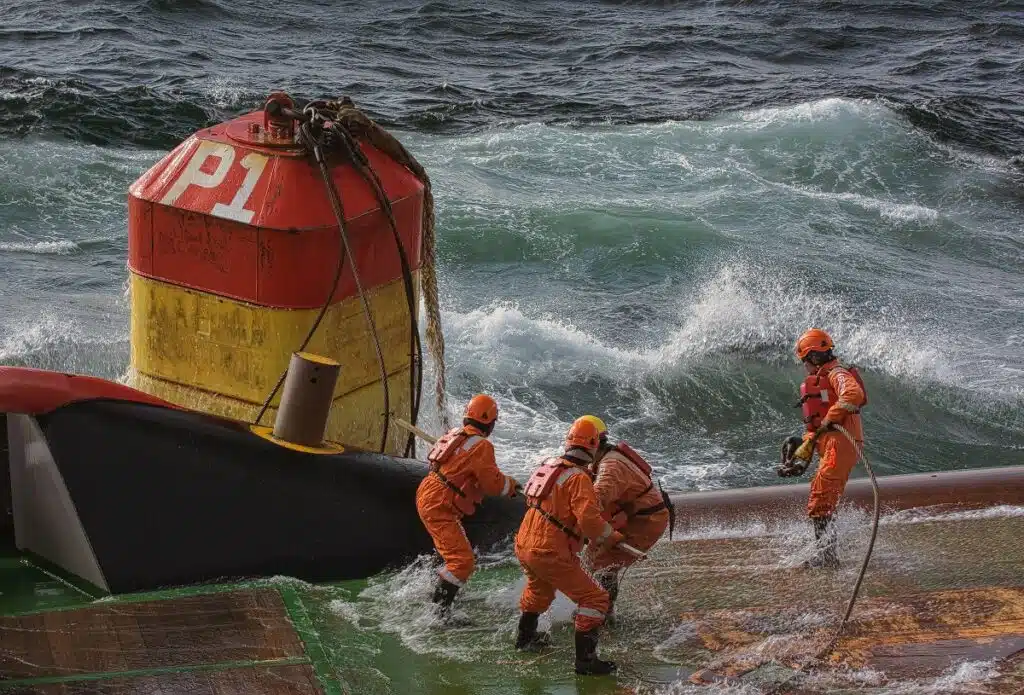Port Fourchon Accident Attorneys
Over $1 Billion Recovered for Maritime Accident Victims. We are proud to have a reputation for aggressively fighting for the rights of injured workers.
About Fort Fourchon
Port Fourchon is located about 100 miles south of New Orleans on the Gulf of Mexico. In addition to being the state’s southernmost port, it’s also one of the most important, with over 400 large supply vessels traversing the port’s channels each day. Port Fourchon services 90% of all deep water drilling rigs operating in the Gulf of Mexico; it’s also the land base for LOOP (Louisiana Offshore Oil Port), which handles 10-15% of the nation’s domestic oil and 10-15% of the nation’s foreign oil, with over 1.5 million barrels of crude oil per day being transported via pipelines through the port. Inland cargo barges reach Port Fourchon primarily through Bayou Lafourche.
Some of Port Fourchon’s more notable features include the E-Slip, a 500-foot-wide slip with legs between 24 and 28 feet in depth, and Belle Pass, a 2,600 feet long, 1,200 foot wide jetty system that serves as the entrance to the Port.
If you’ve worked in the maritime industry, you probably recognize a lot of these names:
This is a short list of the over 250 offshore oil exploration and production companies and maritime service companies that utilize Port Fourchon as a base of operation.
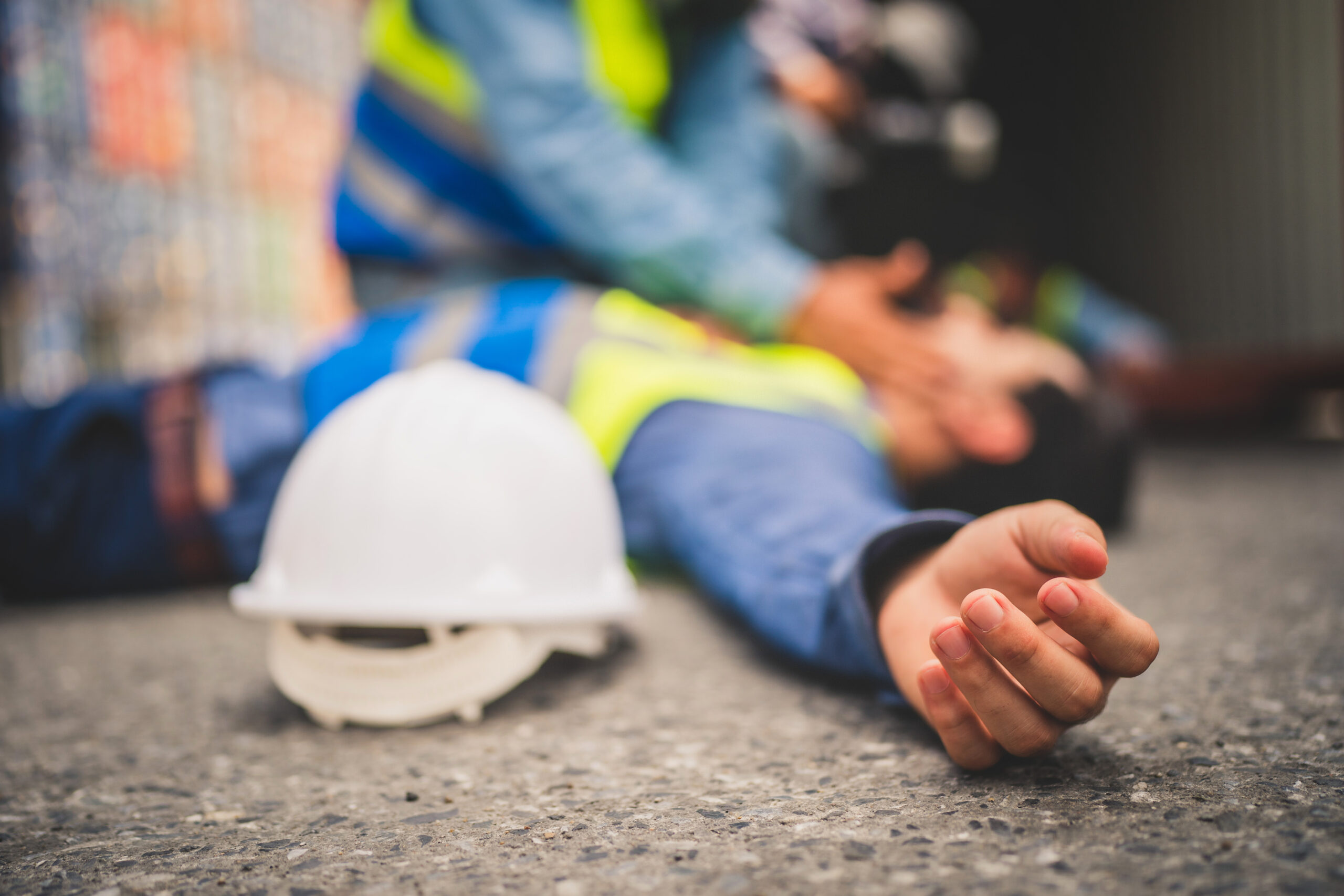
Maritime Injury Attorneys – Lambert Zainey – have obtained recoveries from a long list of maritime companies, including some of the biggest names in the industry.
Port Fourchon also serves as a popular destination for recreational boaters and sports fishermen from all over the nation.
Employer negligence, human error, defective machinery and tools and lack of proper training are leading causes of Port Fourchon accidents. These accidents include slips, trips, collisions, groundings, falling overboard, fires, explosions, crane and forklift accidents, transfer mishaps and exposure to harmful chemicals, to name a few.
Port Fourchon accident injuries can be mild – minor cuts and abrasions; serious – bone fractures, burns, traumatic brain injuries, back and spinal cord injuries; and in some cases, even fatal – drowning. The most common injuries include:
COMMON PORT FOURCHON INJURIES
Louisiana’s Southernmost Airport and Maritime Transfer Accidents
In addition to the traffic on the water, Port Fourchon is a busy airport as well. Approximately 15,000 people per month are flown to offshore locations supported by Port Fourchon, usually by helicopter.
Landing a helicopter or lowering passengers onto a moving ship or oil platform is always a tricky job. According to the CDC, transportation accidents were the leading cause of fatalities in offshore oil and gas operations between the years 2003-2010.
Seventy-five percent of these transportation accidents involved helicopters. Mechanical failure, pilot error, fire and bad weather were the leading causes of offshore helicopter accidents. (It should be noted that all of these helicopter accidents occurred in Gulf of Mexico offshore operations.)
The maritime transfer accident attorneys at Lambert Zainey have helped maritime workers and their families obtain the compensation they deserve after an injury or death caused by a Port Fourchon helicopter accident.
Over $1 Billion Recovered for Maritime Accident Victims
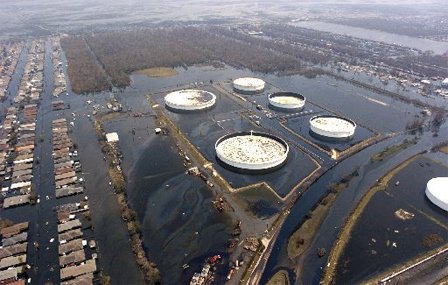
Oil storage tank rupture at the Murphy Oil USA refinery in Chalmette, LA. The fastest class certification and resolution of a case of its type and magnitude to date.
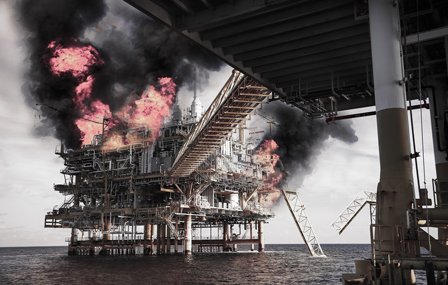
Arco cryogenic platform explosion caused by improper cold cut of Southern Natural Gas pipeline. Settlement for the injured and deceased in approximately twelve months.
Compensation For Port Fourchon Maritime Accidents
Maritime accidents can happen at any time in a busy port facility like Port Fourchon. If these accidents were caused by negligence, such as the unseaworthiness of a vessel, an injured maritime worker may be entitled to compensation for their medical expenses, living expenses, lost wages and pain and suffering.
The first step to getting the compensation you deserve is to schedule a free consultation with one of our highly experienced Port Fourchon accident attorneys. We’ll perform a complete case review and determine the best course of action to obtain the compensation you are entitled to. We’re one of the nation’s leading maritime injury law firms, having obtained billions of dollars in compensation for our clients.
Compensation may include:
Recent News
Seacor Power Capsizing: Lambert Zainey Secures Resolution for All Families Affected by Tragedy
Maritime Slip, Trip and Fall Accidents: A Guide for Workers
Life on the Edge: The Most Dangerous Maritime Jobs
Frequently Asked Questions About Port Fourchon Maritime Worker Accidents
What Our Clients’ Say About Us
NATIONALLY RECOGNIZED ATTORNEYS
CONTACT US
Our experienced attorneys are here to guide you through every step of the process, from initial consultation to settlement or trial.
Free Case Review
Fill out the form below to contact Lambert Zainey and schedule a free, confidential consultation and discuss your case with an experienced attorney.

